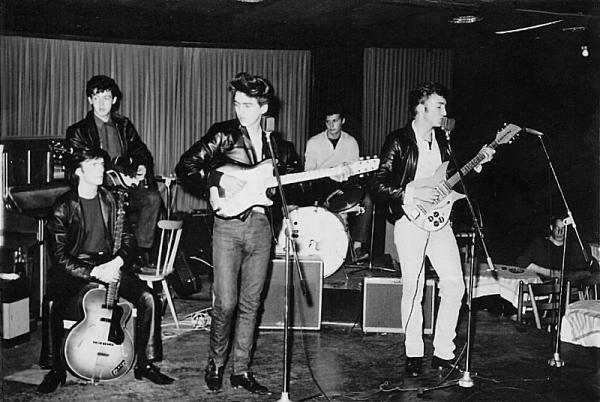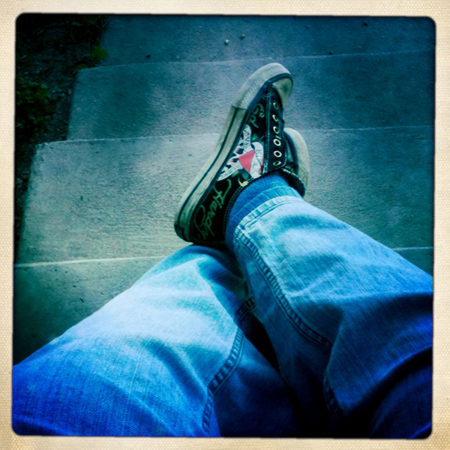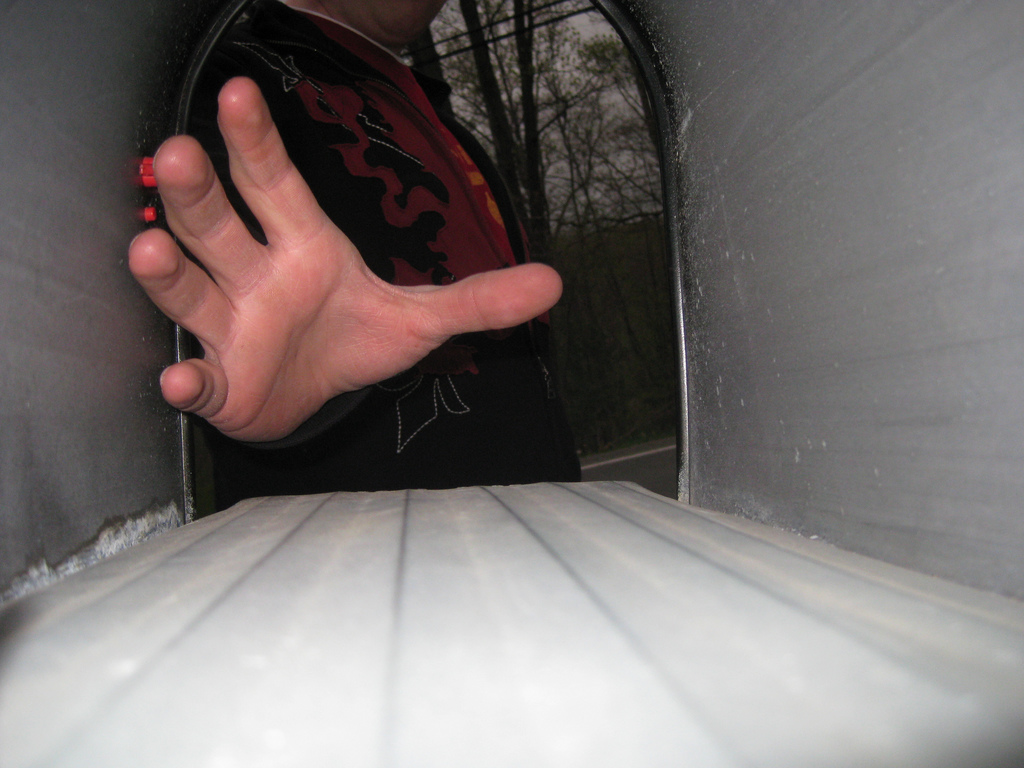A little over a year ago I posted “Going a Year Without Coffee,” in which I talk about how my physiology seems to encounter a lot more trouble with caffeine than most people even though I really enjoy coffee. So while I had largely steered away from coffee for some time, it wasn’t until two years ago that I stopped drinking it at all (and stopped having chocolate, tea, and other sources of caffeine along with it).
And while I’m sure I’ll have coffee again from time to time in the future, last week marked two years without, and I thought it might be worth sharing the tactics I use to steer clear, because they’re the same kind of tactics a person can use to avoid other kinds of temptation.
Changing What We Desire
The ideal thing would be to simply not want whatever it is we’re trying to avoid. Surprisingly, this turns out to be a practical approach. Many of us are used to thinking of our desires as being out of our control, that if we’re being drawn to some french fries or to someone who’s a bad influence or to an irresponsible drink, we have the choice of fighting or giving in (or often, both). Yet there’s a different, much more powerful choice available to us: using thinking to redirect our desires.
The Wrong Kind of Attention
When I start thinking about having a cup of coffee, I’m generally thinking about one of two things: how enjoyable the coffee itself is or how I would like to feel more energy. In both cases, my conscious mental processes are directed toward things that will make the idea of having coffee more appealing. On reflection, it seems obvious that if I’m thinking about how much I like the taste of coffee or how energetic I might feel if I had some that I’d be much more likely to actually have some.
It’s easy to imagine that everything we know about a choice feeds into how we make that choice, but in reality, the things we consciously focus on play a much bigger role than everything else, which is one reason we might know exactly the same things from one day to the next but choose to work hard or eat smart the first day yet procrastinate or eat junk the second.
Thinking That Makes Good Choices More Appealing
So my usual habit when I start thinking about a cup of coffee is to jot down a few thoughts about what will happen if I do have some. One of the first things I usually think of is the grinding, day-long headache I’ll get sooner or later from the caffeine. While this isn’t my body’s only negative reaction to the stuff, and while it’s always delayed at least a couple of days, it’s a miserable time.
Not surprisingly, the more I think “coffee=terrible, day-long headache,” the less appealing that cup of coffee gets. This effect builds as I remember that while coffee gives me energy, it also makes it easier to feel jumpy or anxious. Having energy isn’t much good if I’m not in a good enough mood to use it well. As I carefully think over what the real results of my actions will be, the temptation looks progressively more shabby and unappealing.
Having a Little Time Makes All the Difference
The problem with this approach is that it takes time and attention. However, it doesn’t take a lot of time and attention, and if we have enough time and attention to be tempted by something, we probably have enough time and attention to reflect on what will happen if we let ourselves be sucked in by that temptation. It only takes a few minutes, and while it works best if you can write or talk about the things that will make you less attracted to that choice, even just careful thought can bring you there. The worst thing is to be tied up so thoroughly with something else that it’s difficult or unworkable to focus on good choices for a few minutes instead, although planning can help get us through these times (see “How Preparation Enables Stronger Willpower“).
Ultimately, not making a bad choice is easiest if we help ourselves dislike that choice. Focusing on the reasons the choice is bad in the first place help change our perspective so that we stop wanting things we don’t really want for more than momentary pleasure (see “The difference between pleasure and happiness“). To put it another way, the best way to resist temptation is to let ourselves be tempted instead by the things that will truly make us happy.
Photo by Beatriz AG













